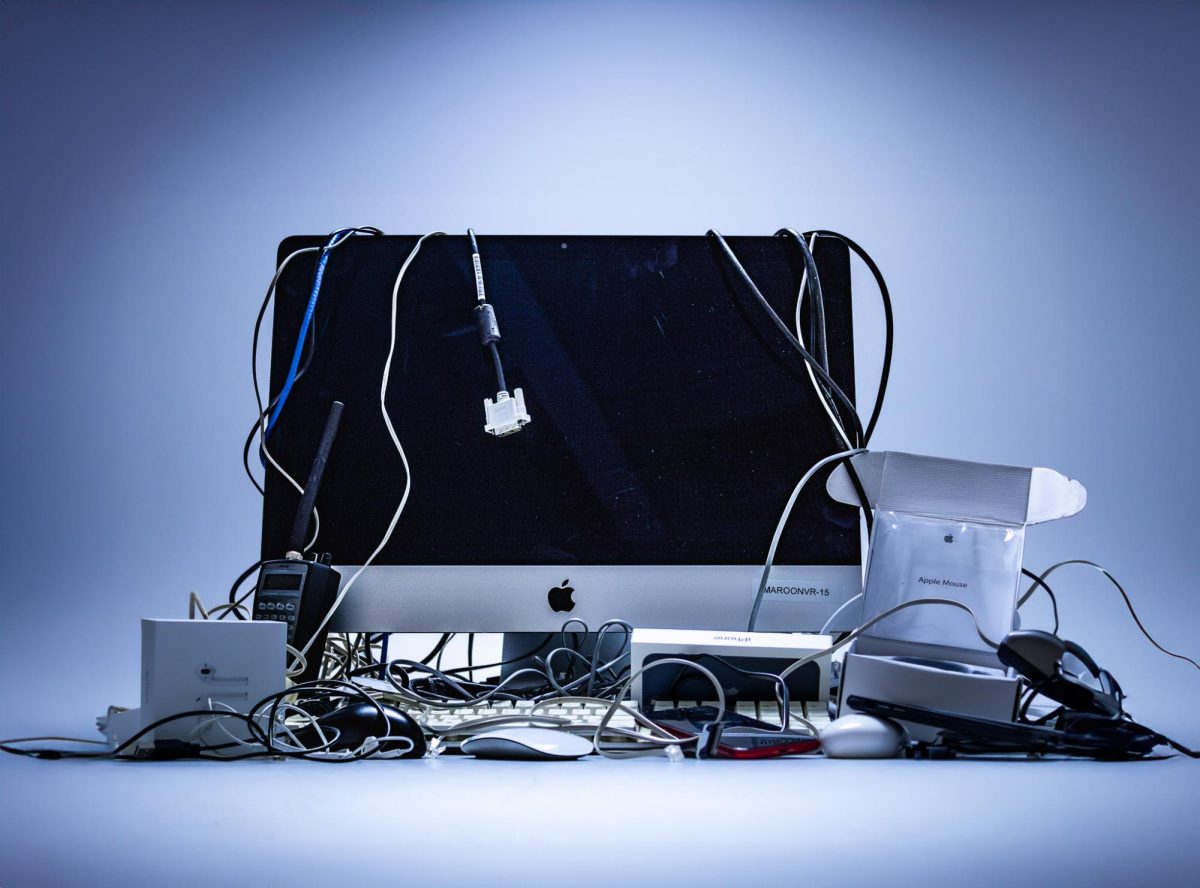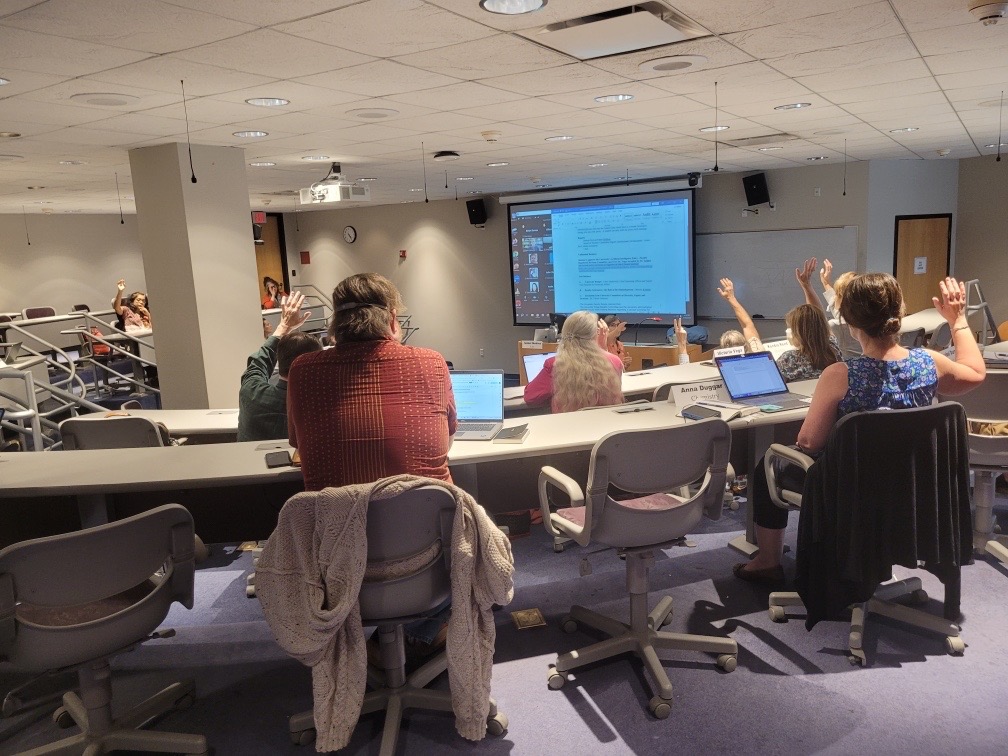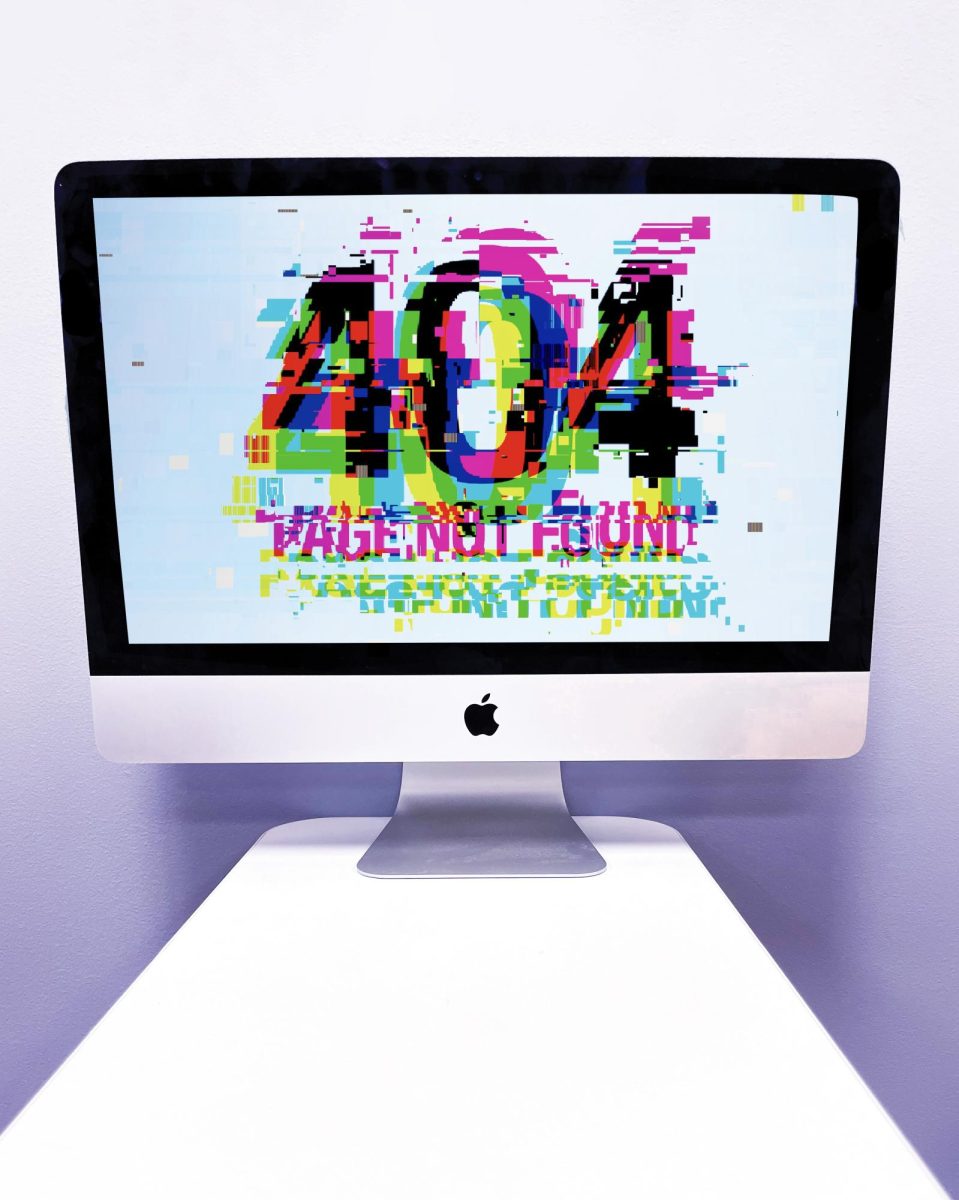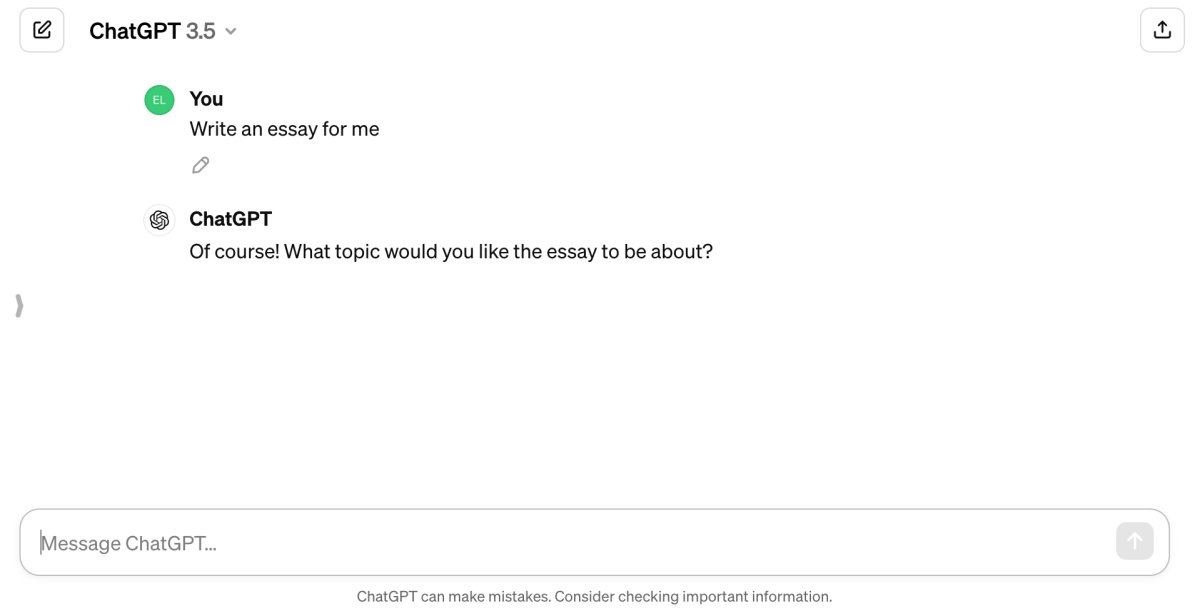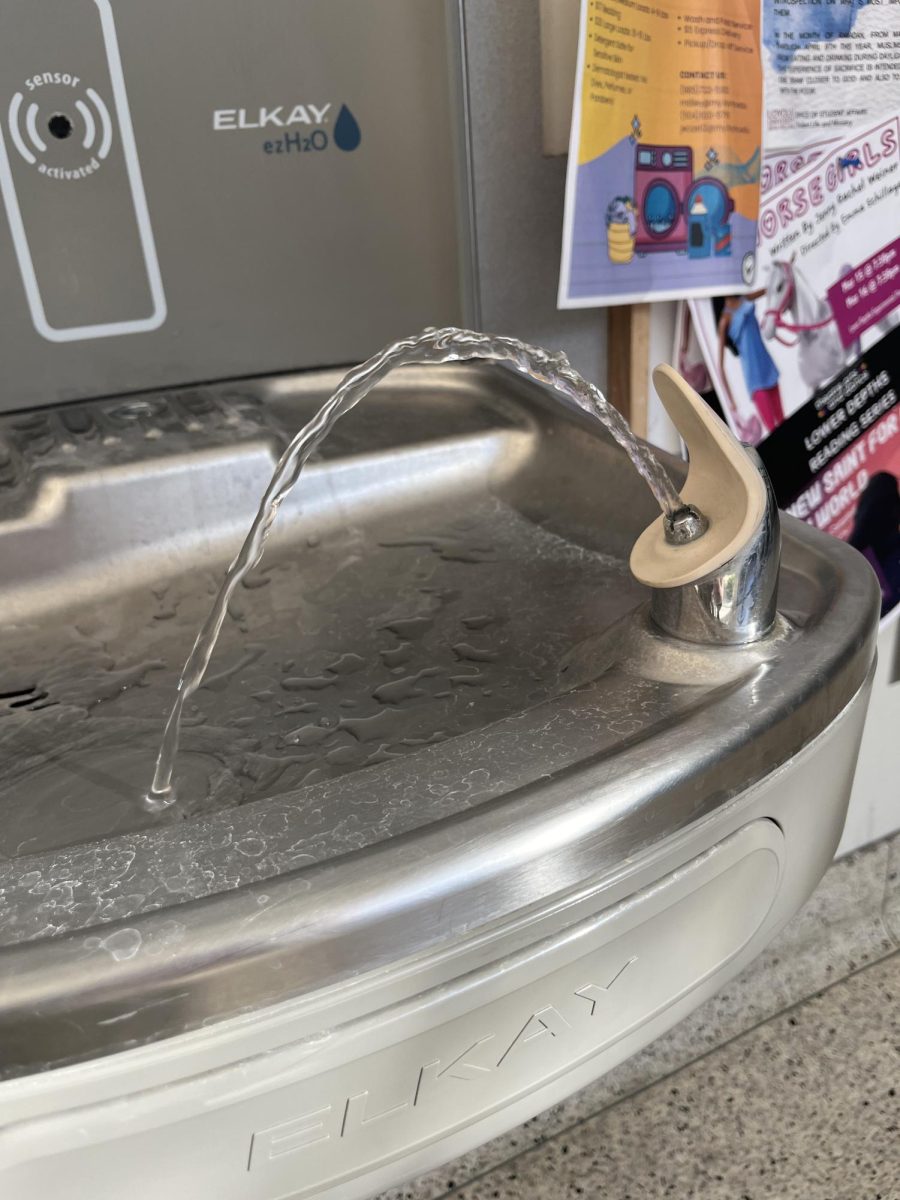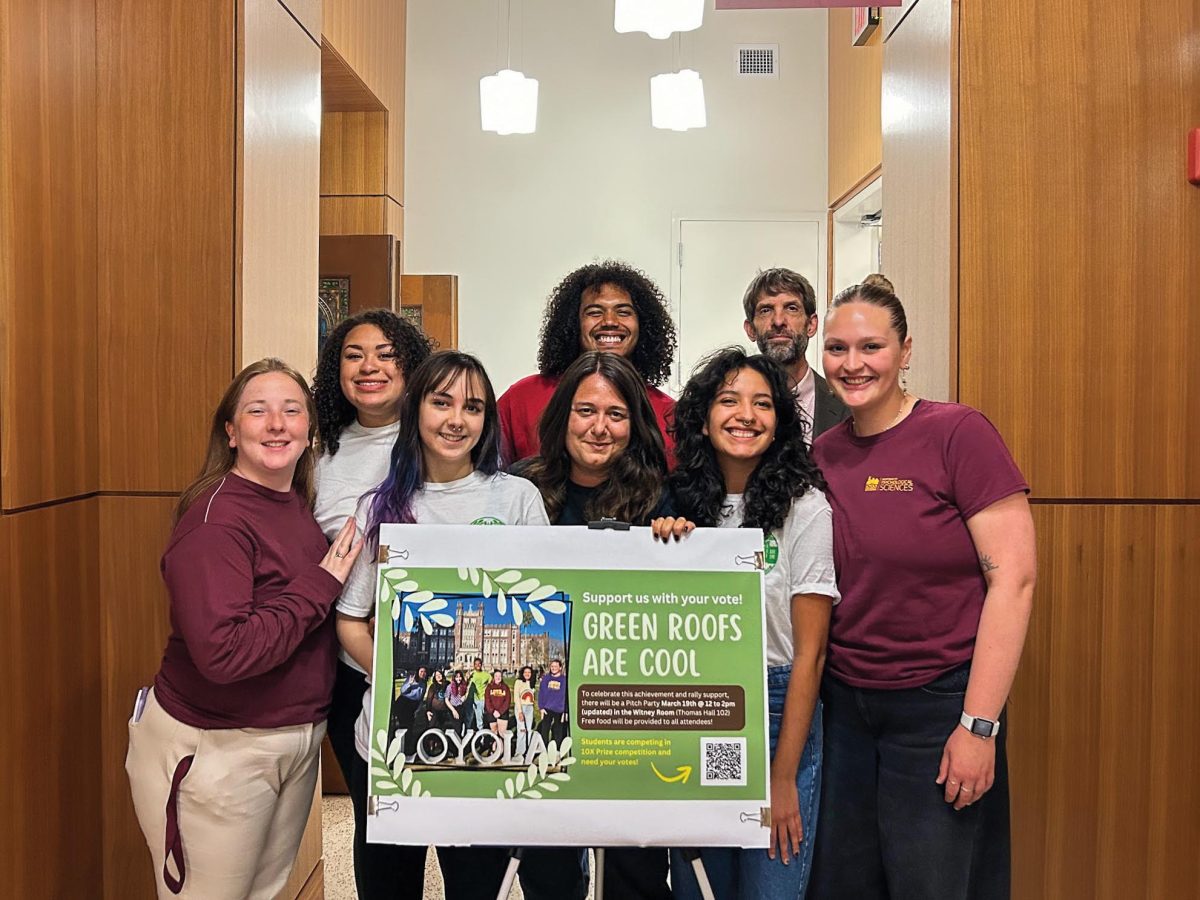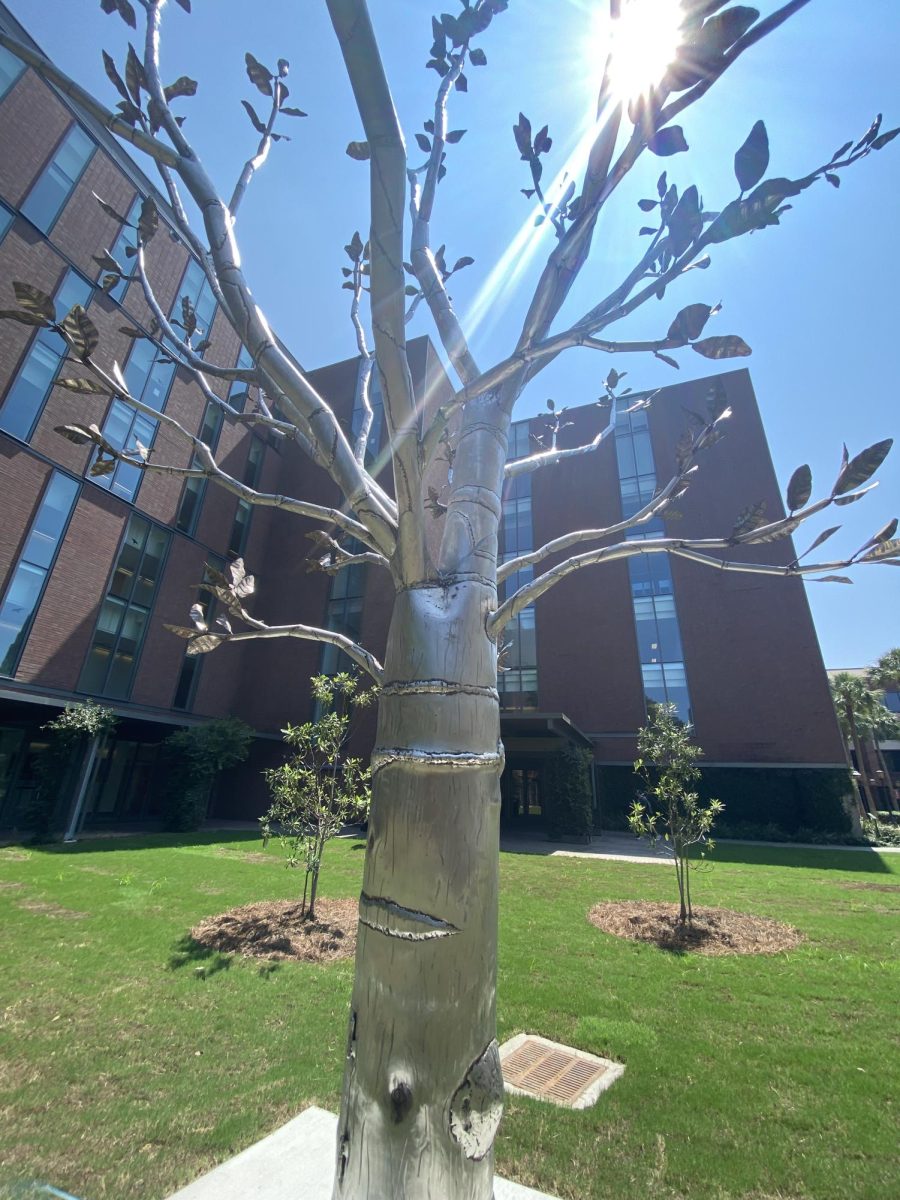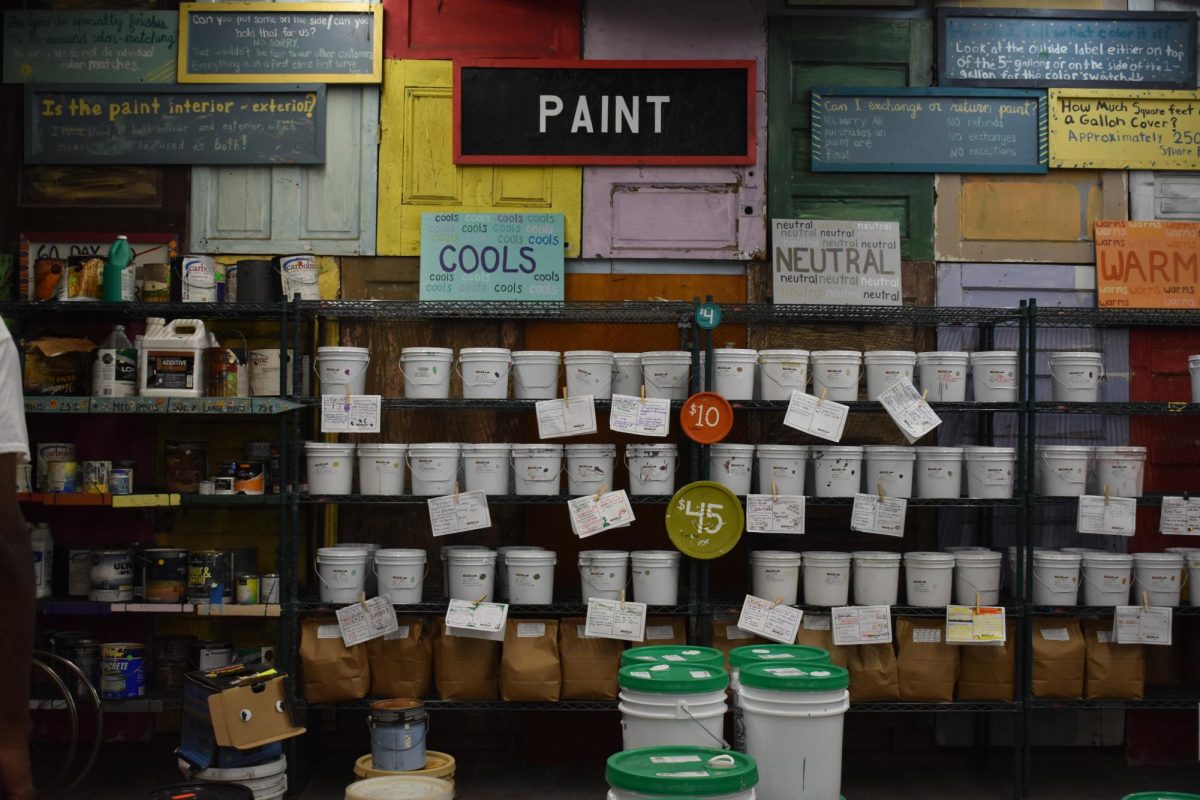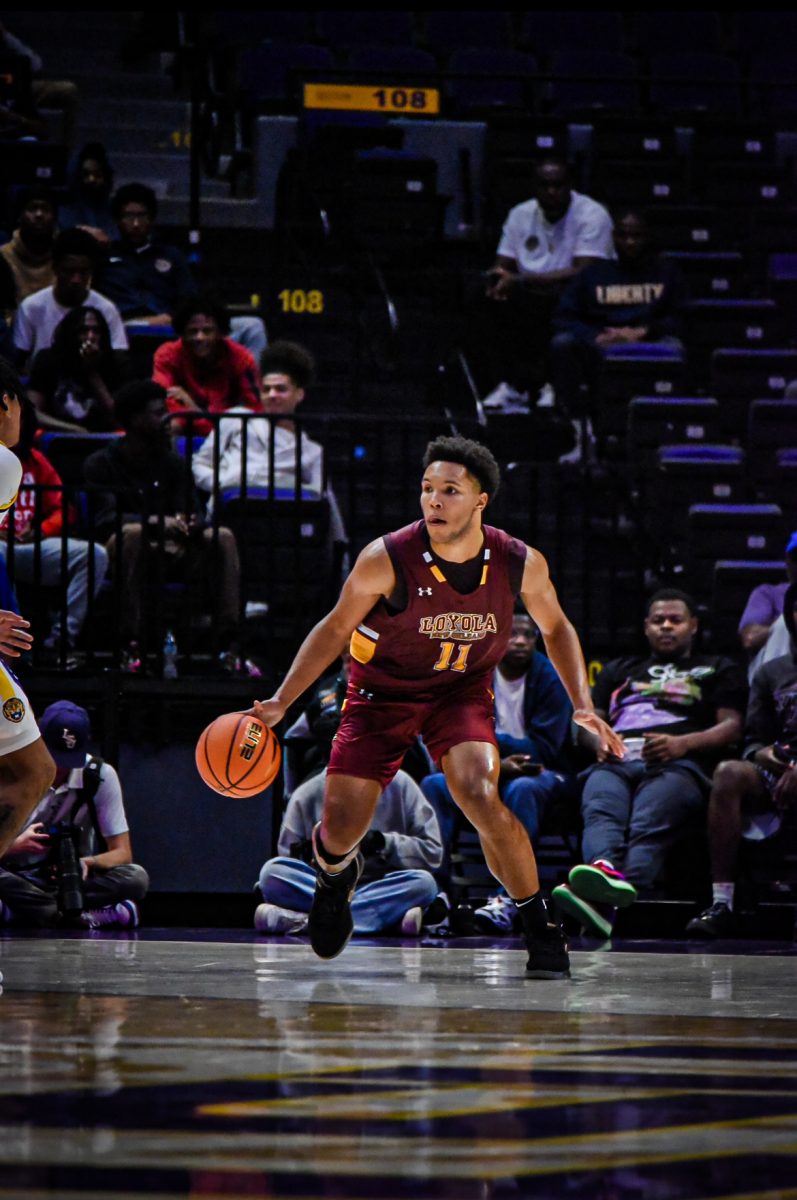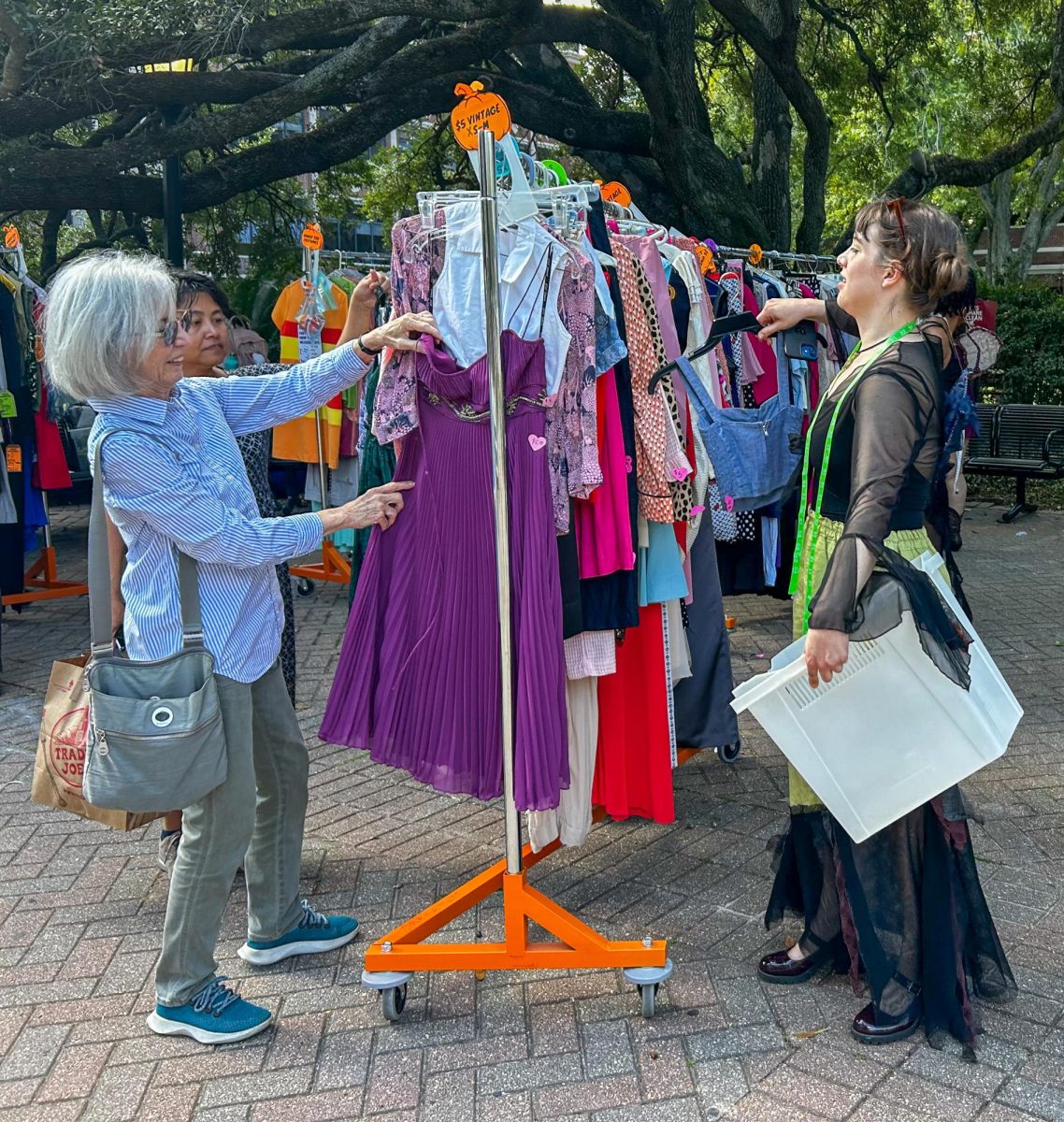To reduce electronic waste, Loyola has partnered with the Capital Area Corporate Recycling Council, a non-profit organization dedicated to e-waste recycling.
This collaboration offers the responsible disposal of e-waste from faculty, staff, and students at no cost, accepting a wide range of electronic equipment, regardless of condition. The CACRC repurposes these electronics, providing refurbished devices to low-income families and seniors.
Over the past two decades, electronics have become an integral part of how society functions, with people relying on laptops, smartphones, and computers inside appliances people use daily. From personal use in homes to significant roles in educational settings, the adoption of platforms like Canvas, Google Classroom, Blackboard, and Moodle has been substantial.
The rapid advancement of electronics has shortened the lifespan of devices, leading people to replace their devices frequently, typically every three to five years.
Properly disposing of electronics is challenging, as traditional disposal methods are illegal and environmentally detrimental. Most electronics contain hazardous materials, which can leach or release toxic substances into the environment.
According to the World Health Organization, in 2019, global e-waste production exceeded 50 million tons but less than 25% was recycled properly. This data sparked the term “e-waste.”
Loyola’s partnership with CACRC aims to reduce that percentage.
David Young, senior procurement coordinator, encourages the university community to leverage this program.
“While we cannot accept every item, we have no problem telling you what we can and cannot take in our office or over the phone,” Young said. The purchasing department is in Marquette Hall 110.
Young added that they do not purchase old electronics; their role is to ensure environmentally sound disposal.
The purchasing department has also partnered with Staples Advantage to recycle used toner cartridges. Simply deliver the empty toner cartridge to central receiving in Monroe Hall 109, and the staff will package the used toners into boxes.
After Staples Advantage picks them up, the cartridges are either refilled or disassembled and components are reused for remanufactured toners.
For individuals seeking to monetize old devices, services like EcoATM, which offer a practical alternative for electronic device recycling, provide compensation for used phones and tablets through refurbishment.
An EcoATM kiosk can be found at Winn-Dixie on Tchoupitoulas Street, and the Loyola shuttle service can take students to this location upon request from 10 a.m. to 6 p.m.
In addition to utilizing resources like the CACRC and EcoATM, individuals can take proactive steps to minimize their e-waste footprint and promote environmental sustainability.
Establishing a box for e-waste in homes and offices for collecting batteries, cables, and small electronics until they can be taken to a proper recycling facility is a practical start.
Moreover, extending the lifespan of devices through repairs and upgrades, rather than replacing them, can significantly reduce e-waste generation.
Opting for refurbished or pre-owned electronics saves and decreases demand for new production. Lastly, using manufacturer take-back programs, where companies like Apple and Samsung recycle their products, ensures responsible end-of-life management of electronics.


